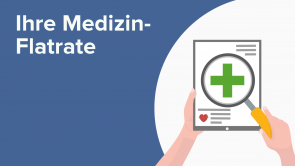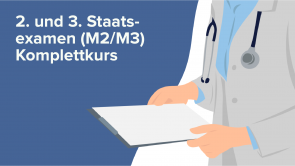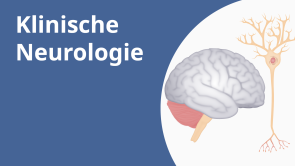Vertigo: Typen

Über den Vortrag
Der Vortrag „Vertigo: Typen“ von Roy Strowd, MD ist Bestandteil des Kurses „Vertigo, Schwindel und Gleichgewichtsstörungen“.
Quiz zum Vortrag
Which statement is the most accurate with respect to vertigo classification?
- Vertebrobasilar insufficiency can be induced by arm raising.
- Acute episodic vertigo is usually known as acute vestibular syndrome.
- Vertebrobasilar insufficiency is classified as acute episodic vertigo.
- Ménière’s disease is classified as acute vertigo with positional episodes.
- Vestibular migraines can be induced by head turning.
Which statement is the most accurate with respect to benign paroxysmal positional vertigo?
- Head turning can provoke an episode.
- There are no pharmacological treatment options.
- Benign paroxysmal positional vertigo usually results in hearing loss.
- Benign paroxysmal positional vertigo is treated with the Dix-Hallpike maneuver.
- Benign paroxysmal positional vertigo presents with a characteristic downbeating nystagmus.
Which of the following is the most accurate with respect to vestibular migraines?
- They can have an associated headache.
- Treatment includes the Epley maneuver.
- They are refractory to typical migraine medications.
- They are classified as continuous vertigo with an acute onset.
- They can be provoked by certain head movements.
Which statement is the most accurate with respect to acute vestibular syndrome?
- Acute vestibular syndrome can be precipitated by a brainstem stroke.
- Episodes can be caused by raising of the arms.
- Acute vestibular syndrome is always caused by peripheral vestibular system pathology.
- Acute vestibular syndrome can be induced by a specific head maneuver.
- Acute vestibular syndrome is categorized as episodic vertigo with an acute onset.
Diese Kurse könnten Sie interessieren
Kundenrezensionen
5,0 von 5 Sternen
| 5 Sterne |
|
5 |
| 4 Sterne |
|
0 |
| 3 Sterne |
|
0 |
| 2 Sterne |
|
0 |
| 1 Stern |
|
0 |






